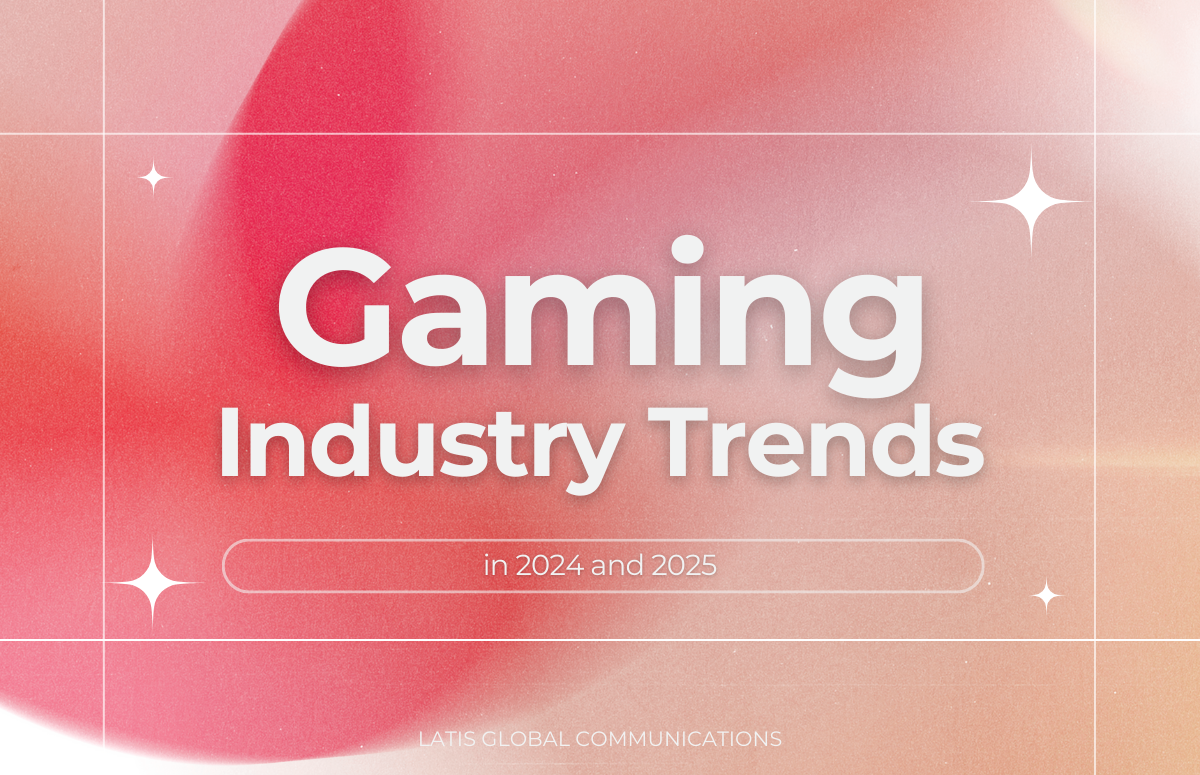
The landscape of the gaming industry is evolving rapidly, driven by technological advancements and shifting consumer preferences. As we navigate through 2024 and look ahead to 2025, several key trends are shaping the future of gaming. Here’s a comprehensive look at seven major trends that are influencing the industry right now:
1. Rise of Remakes and Reboots
Like the movie industry, gaming is increasingly turning to remakes and reboots of beloved franchises. Titles like the remake of ‘Final Fantasy VII’ and ‘Resident Evil 2’ and ‘3 ‘ remakes have proven highly successful, demonstrating a strong market for nostalgic gaming experiences.
Final Fantasy VII Remake has generated significant revenue, with sales reaching over $735 million globally by February 2022. It’s estimated that millions of players have engaged with the game since its release, though specific player count data isn’t always disclosed. As of early 2022, Final Fantasy VII Remake sold about 9.6 million copies worldwide.
While Resident Evil 2 and 3 remakes both have been commercially successful, contributing to Capcom’s overall revenue stream. Resident Evil 2 remake saw millions of players engage with the game. Resident Evil 2 remake sold over 8.5 million copies globally while Resident Evil 3 remake sold over 4 million copies.
Looking forward, expect more classics like ‘Silent Hill’ and ‘Metal Gear Solid’ to receive the remake treatment, tapping into established fanbases while introducing these titles to a new generation of gamers.
2. Roblox and the Indie Game Revolution
Roblox continues to revolutionize the indie game scene by providing a platform where aspiring developers can create and distribute games easily. With over 70 million monthly active users, Roblox enables developers to iterate quickly based on player feedback, scaling up indie game development unlike ever before. This democratization of game creation has led to breakout hits like ‘Among Us’ and ‘Stardew Valley’, showcasing the power of community-driven gaming experiences.
3. Challenges for AAA Titles
While AAA titles traditionally dominate the gaming landscape, recent years have seen mixed success with highly anticipated releases like ‘Starfield’ and ‘Redfall’ falling short of expectations in terms of critical reception and sales. Despite standout successes like ‘Baldur’s Gate 3’, developers are facing increasing pressure to deliver innovative and engaging experiences that resonate with a discerning audience.
4. Competition in PC Gaming Platforms
The PC gaming market, long dominated by Steam, is witnessing increased competition from platforms like GOG and Epic Games. GOG’s DRM-free approach and Epic Games’ aggressive exclusivity deals are challenging Steam’s market supremacy. These platforms are not only expanding their libraries but also offering unique features and incentives to attract both developers and gamers, reshaping how PC gamers access and play their favorite titles.
5. Expansion of Cloud Gaming Services
Cloud gaming continues to gain traction as a convenient and accessible way to play games without the need for high-end hardware. Services like Latis Global are leading this charge, offering seamless streaming experiences that bypass traditional barriers like download times and hardware limitations. With approximately 295 million users globally, cloud gaming represents a significant shift in how games are consumed and enjoyed across different devices.
6. Next-Gen Console Wars
The launch of Xbox Series X, PlayStation 5, and the enduring popularity of Nintendo Switch are driving the next phase of console competition. Each platform boasts unique features and exclusive titles, with PS5’s SSD enhancing game loading speeds and Xbox Series X’s Smart Delivery feature streamlining game upgrades. As console giants vie for market dominance, their strategies and innovations will shape the gaming landscape for years to come.
7. Impact of Early Access on Game Development
Early Access programs are increasingly influencing game development, allowing developers to release games in unfinished states to gather player feedback and refine gameplay mechanics. Titles like ‘Rimworld’ have thrived under this model, leveraging community input to polish their games for full release. This approach not only builds anticipation among gamers but also fosters a collaborative development process that improves game quality and player satisfaction.
The gaming industry in 2024 and beyond is marked by innovation, competition, and adaptation to changing technologies and consumer demands. From the resurgence of classic franchises to the democratization of game development through platforms like Roblox and Epic Games, these trends are reshaping how games are created, marketed, and enjoyed worldwide. As developers and gamers alike navigate these dynamic shifts, the future promises exciting opportunities for creativity and engagement in the world of gaming.
Adapting to these trends is essential for achieving global success in the gaming industry. High-quality localizations, captivating game sounds, robust player support and community management are also critical factors. Latis Global excels in these areas, trusted globally by leading games to deliver comprehensive services that elevate gaming experiences across diverse markets. Message them now at contact@latisglobal.com to elevate your game.

